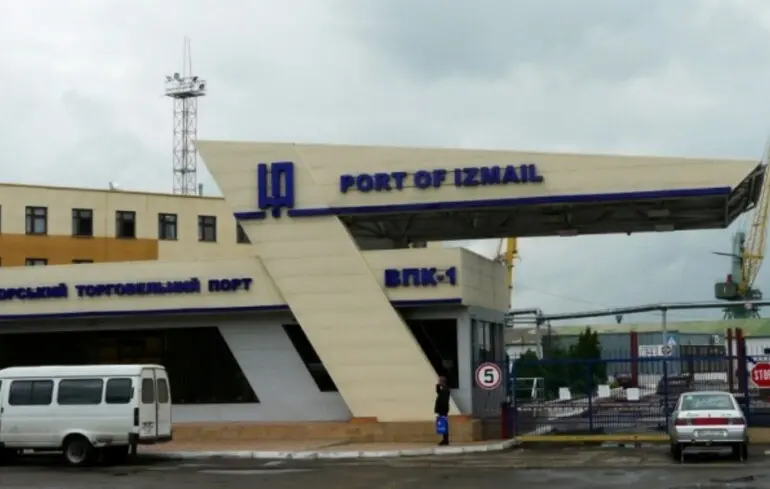Russian Drones Strike Again: Attack on Izmail and Regional Tactical Consequences

On the night from Tuesday to Wednesday, August 20th, the city of Izmail, located in southwestern Ukraine within Odessa region, experienced yet another attack by Russian unmanned aerial vehicles.
According to Oleg Kiper, head of the Odessa Regional Military Administration, significant damage was done to critical port infrastructure and industrial facilities in the city.
Reports indicate that during the drone attack, fires broke out at various locations, which were promptly extinguished by local firefighters and rescue services.
It was also confirmed that one resident was injured during the incident and is currently receiving necessary medical assistance.Importantly, attacks on port facilities in Izmail occur regularly, partly due to its strategic location at the mouth of the Danube River on the border with Romania.
This port plays a vital role in regional logistics and cargo transportation.
Local media reports that the nighttime assault caused power outages across parts of the city, further complicating the situation for residents and businesses alike.Monitoring the developments, experts highlight that the Russian UAV attacks are systematically targeting this crucial hub, raising fears among the local community and international observers.
Moreover, in recent weeks, Russia has intensified its strikes on Azerbaijani-owned oil terminals in the Odessa region, particularly those operated by Socar.
After several attacks in Baku, Azerbaijani officials warned that if such assaults continue, Azerbaijan might consider lifting the embargo on supplying weapons to Ukraine, which could significantly alter the ongoing conflict dynamics.Of particular concern is the use of unmanned drones in delivering targeted strikes on strategic infrastructure like the Izmail port, which is essential for Ukraine’s transportation and military logistics.
Ukrainian authorities and Western analysts see these tactics as creating additional security challenges and call for increased protective measures and counteractions to prevent further damage and escalation.

